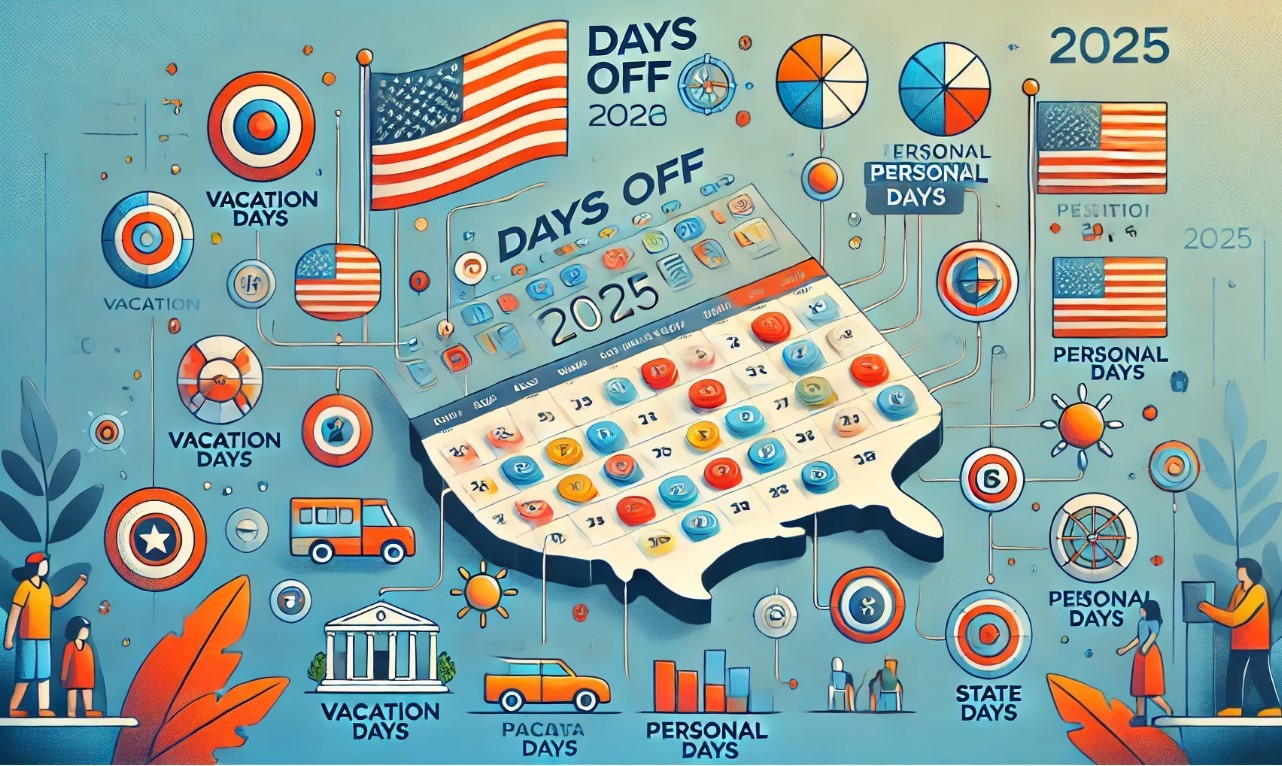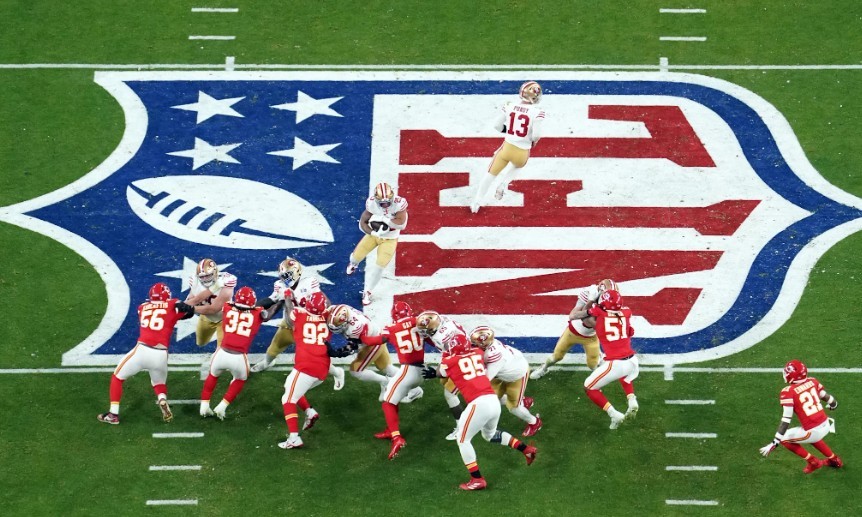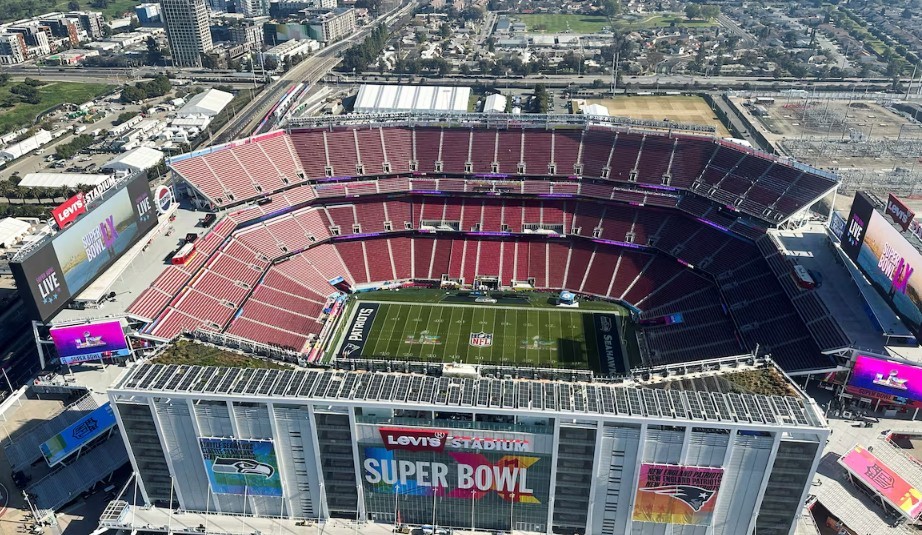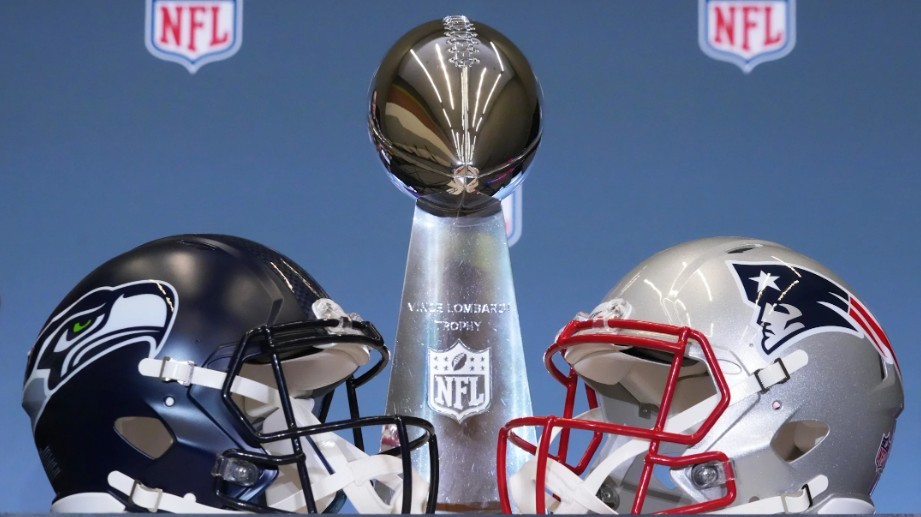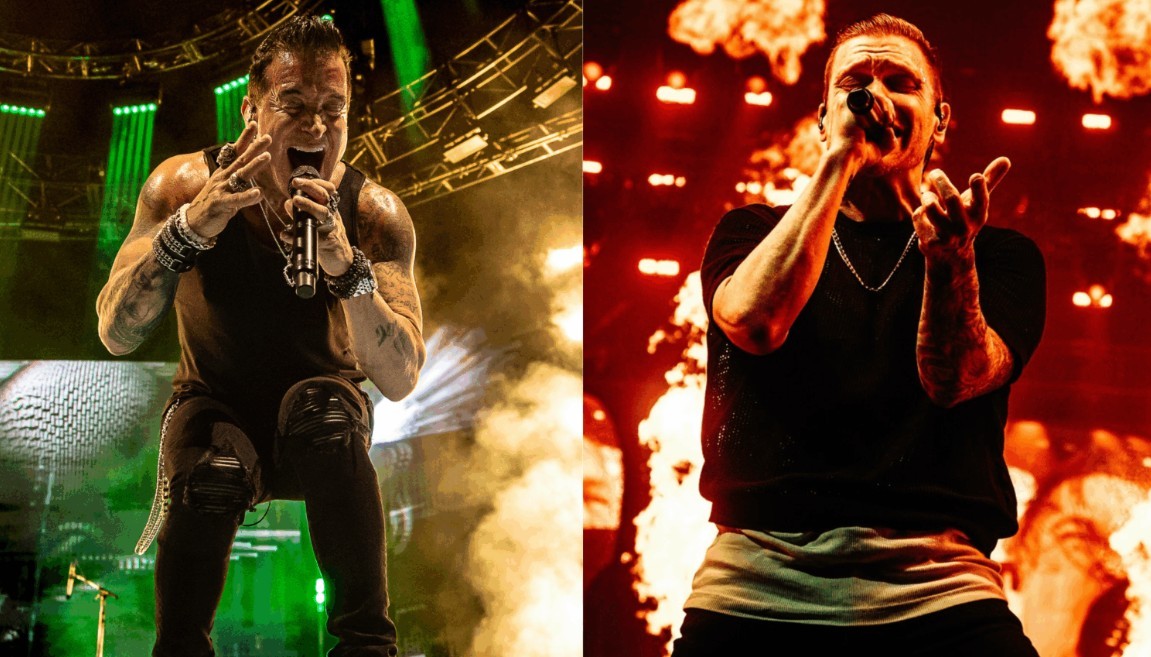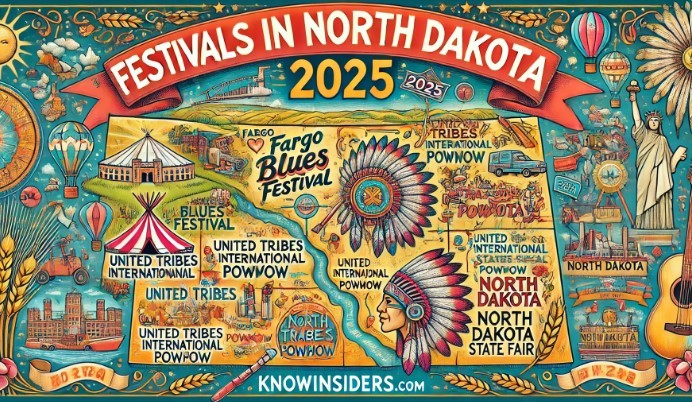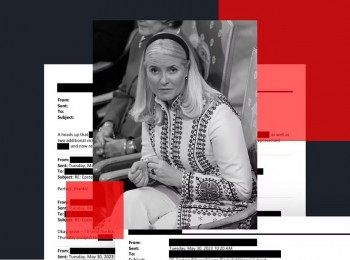Bangladesh Calendar 2025 - List of Public Holidays, Religious Days, And Observances
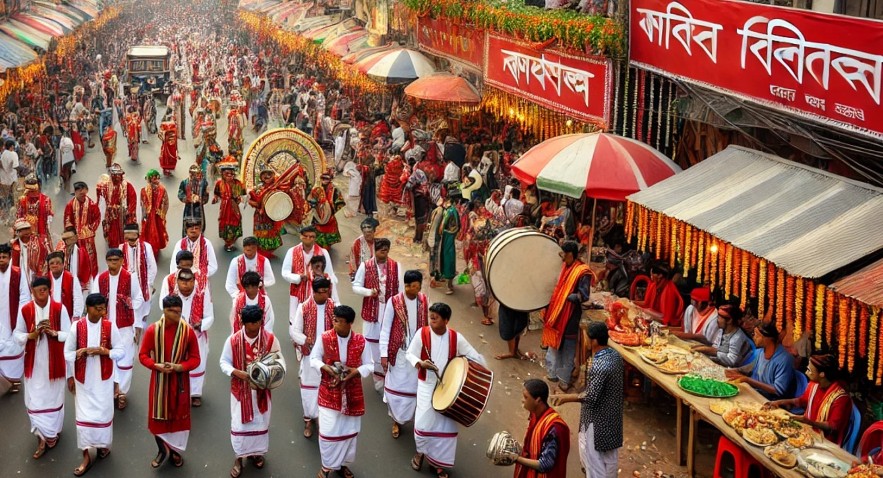 |
| Pohela Boishakh (Bengali New Year) Street Celebration |
Overview of Holidays in Bangladesh
Holidays in Bangladesh offer a unique reflection of the country’s rich cultural heritage, deep-rooted Islamic traditions, and profound national pride. As a predominantly Muslim nation, Bangladesh celebrates various religious holidays, alongside secular national days that honor the sacrifices and milestones shaping its identity. Additionally, some regions hold unique cultural events celebrating local traditions and the diverse ethnic composition of Bangladesh. These holidays not only offer time off work but also provide moments for reflection, community bonding, and celebration.
In Bangladesh, holidays fall into three main categories:
- Public Holidays: Nationally recognized days where government offices, schools, and most businesses close to commemorate significant events.
- Religious Holidays: Key Islamic holidays observed across the country, reflecting Bangladesh’s spiritual and religious values.
- Regional Observances and Cultural Festivals: Days specific to regions or communities that celebrate local heritage and customs.
Learn more: Bangladesh National Anthem: English Translation, Original Lyrics And History
National Public Holidays in Bangladesh
The government of Bangladesh has set aside public holidays to honor the nation's history, culture, and struggle for independence. These holidays bring Bangladeshis together in remembrance and celebration of the collective achievements and milestones of their nation.
1. International Mother Language Day (February 21)
Also known as Ekushey February, International Mother Language Day commemorates the historic Bengali Language Movement of 1952, during which students in Dhaka laid down their lives for the right to speak Bengali as an official language.
- Significance: This day highlights the importance of linguistic and cultural identity, now recognized globally by UNESCO as International Mother Language Day.
- Observances: Bangladeshis pay their respects by placing flowers at the Shaheed Minar (Martyrs’ Monument) in Dhaka. Schools, universities, and cultural organizations host events, recitations, and art exhibitions celebrating the Bengali language and cultural heritage.
2. Independence Day (March 26)
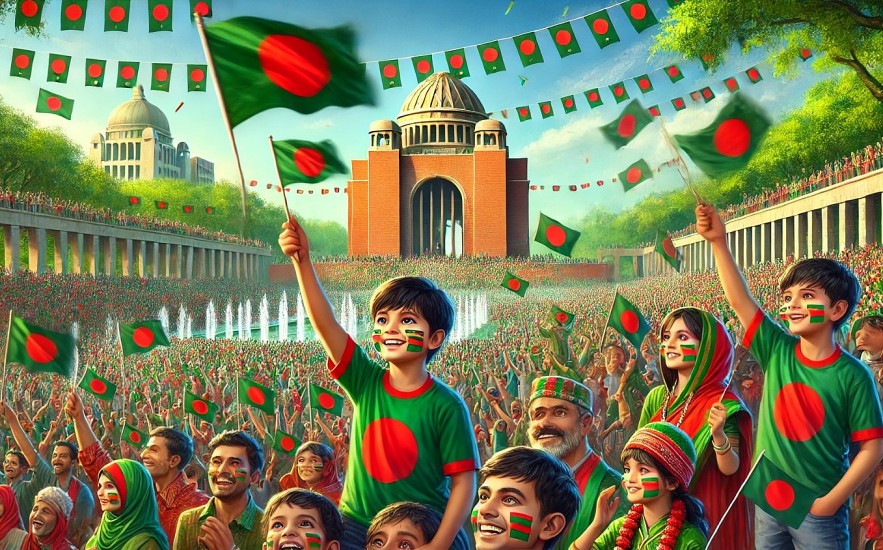 |
| National Pride on Independence Day |
Independence Day is a pivotal celebration marking Bangladesh’s declaration of independence from Pakistan in 1971, sparking a fierce liberation struggle.
- Historical Background: Independence Day commemorates the beginning of the Bangladesh Liberation War, which ultimately led to the establishment of an independent nation.
- Celebrations: The day includes flag-hoisting ceremonies, parades, concerts, and cultural events. Government buildings and public spaces are decorated with national flags, and people participate in patriotic activities to honor the contributions of freedom fighters.
3. Bengali New Year (April 14)
Known as Pohela Boishakh, Bengali New Year is celebrated with vibrancy and unity as the people of Bangladesh welcome a new year in the Bengali calendar.
- Cultural Significance: Pohela Boishakh represents cultural pride, optimism, and renewal, marking the beginning of a new cycle.
- Traditions: People dress in traditional attire, enjoy festive foods like panta bhat (fermented rice) and hilsa fish, and take part in parades and fairs. Public spaces are filled with music, dance, and performances by folk artists, embodying the joy and color of Bangladeshi culture.
4. National Mourning Day (August 15)
National Mourning Day is a solemn day to honor the memory of Sheikh Mujibur Rahman, Bangladesh’s founding leader, and his family, who were assassinated on this day in 1975.
- Importance: Known as the “Father of the Nation,” Sheikh Mujib is deeply revered for his leadership in Bangladesh’s independence.
- Observances: Bangladeshis observe moments of silence, prayers, and memorial events. The Prime Minister and other officials pay respects at Sheikh Mujib’s mausoleum in Tungipara, and the media airs documentaries and discussions on his legacy.
5. Victory Day (December 16)
Victory Day celebrates Bangladesh’s victory over Pakistani forces in 1971, which concluded the War of Liberation and affirmed Bangladesh’s independence.
- Significance: This day is a proud reminder of the sacrifices made by Bangladeshis to achieve sovereignty.
- Celebrations: Victory Day is marked by grand parades, cultural events, and national addresses. Streets and buildings are adorned with lights, and special programs on television and radio honor the memories of the nation’s martyrs.
Public holidays in Bangladesh play a central role in nurturing national pride, unity, and reverence for the country’s history, providing opportunities for Bangladeshis to celebrate their shared heritage.
Religious Holidays in Bangladesh
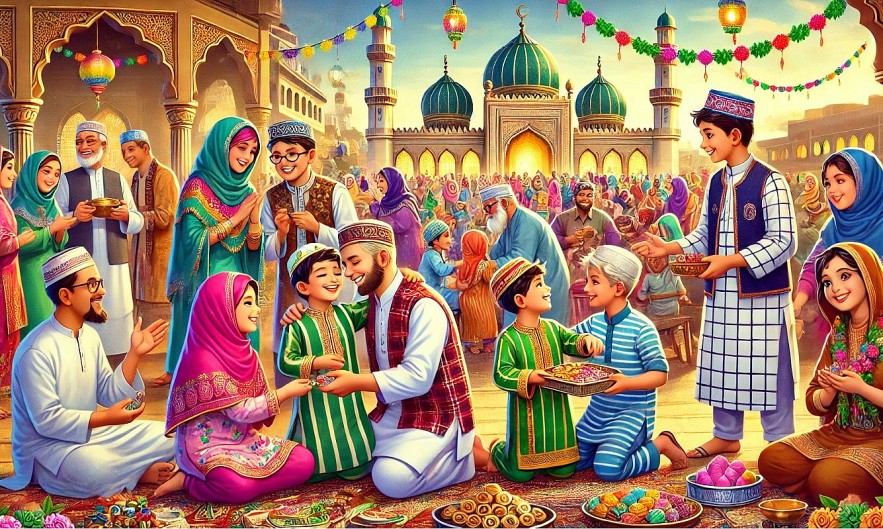 |
| The illustration capturing the joyous celebration of Eid-ul-Fitr |
As an Islamic nation, Bangladesh observes several major religious holidays based on the Islamic lunar calendar. These holidays hold deep spiritual importance and are observed with devotion and community gatherings.
1. Eid-ul-Fitr
Eid-ul-Fitr, the “Festival of Breaking the Fast,” marks the conclusion of Ramadan, a month dedicated to fasting and spiritual reflection.
- Spiritual Significance: Eid-ul-Fitr celebrates the achievement of spiritual discipline and renewed faith after a month of fasting.
- Traditions: Families gather for communal prayers at mosques, share meals, and exchange gifts. Children receive “Salami” (money or gifts), and people visit each other’s homes to celebrate. Traditional foods like biryani and semai (sweet vermicelli) are widely enjoyed.
2. Eid-ul-Adha
Eid-ul-Adha, or the “Festival of Sacrifice,” commemorates Prophet Ibrahim’s devotion to God and his willingness to sacrifice his son as an act of obedience.
- Religious Meaning: This holiday reflects the virtues of faith, obedience, and charity.
- Celebrations: Families perform Qurbani (animal sacrifice), distributing the meat among family, friends, and the poor. The holiday is also marked by large gatherings, prayers, and feasting on traditional foods. Acts of charity are highly emphasized during this time.
3. Ashura (9th and 10th of Muharram)
Ashura holds particular significance among Shia Muslims, as it commemorates the martyrdom of Imam Hussain at the Battle of Karbala. For Sunni Muslims, it is observed as a day of fasting and reflection.
- Observances: Shia Muslims in Dhaka and other cities observe processions, sermons, and gatherings in memory of Imam Hussain. Sunni Muslims often fast on this day, following the tradition of Prophet Muhammad (PBUH).
4. Milad-un-Nabi (12th of Rabi-ul-Awwal)
Milad-un-Nabi, the birthday of the Prophet Muhammad, is celebrated with reverence and devotion throughout Bangladesh.
- Significance: This holiday is an opportunity to reflect on the teachings and life of the Prophet Muhammad.
- Celebrations: Mosques are decorated, sermons are delivered, and religious songs (nasheeds) are sung. People gather in communities to distribute food to the needy and share meals, embodying the spirit of generosity.
Religious holidays are an essential part of Bangladeshi culture, fostering values of charity, community, and spirituality.
Bank Holidays in Bangladesh
Bank holidays in Bangladesh ensure that employees in the financial sector have time off during major national and religious holidays. On these days, banks close, affecting financial transactions and business operations.
Key Bank Holidays in 2025
- New Year’s Day (January 1): The start of the Gregorian calendar is a bank holiday in Bangladesh, though not widely celebrated.
- Eid Holidays (Eid-ul-Fitr, Eid-ul-Adha): Banks close for several days during these major Islamic holidays, allowing employees to celebrate.
- Independence Day (March 26): Banks observe this holiday, aligning with the nation’s celebration of independence.
Bank holidays are necessary for aligning the financial sector with important observances and ensuring that bank employees participate in significant celebrations.
Regional Observances and Cultural Festivals in Bangladesh
While Bangladesh does not have many regional holidays that affect the whole country, certain areas celebrate unique cultural festivals that honor local heritage and customs.
Notable Regional Celebrations in 2025
- Chittagong Hill Tracts New Year Celebrations (April): Indigenous communities in the Chittagong Hill Tracts celebrate their traditional New Year with festivals known as Biju, Sangrai, or Boishu. These events are marked by folk dances, music, and rituals that express cultural pride.
- Nobanno Utsab (Harvest Festival): Celebrated primarily in rural areas, Nobanno Utsab is a traditional harvest festival where people gather to celebrate the rice harvest. Traditional foods, folk songs, and dances are enjoyed during this festival, typically in November.
These regional observances provide a glimpse into the cultural diversity within Bangladesh, allowing various communities to celebrate their unique heritage.
Other Observances and Unofficial Holidays
In addition to official holidays, Bangladesh observes several unofficial days of cultural and social significance.
1. Pohela Falgun (February 13)
Pohela Falgun marks the first day of spring, celebrated with joy and color, especially by the youth.
- Celebrations: People dress in vibrant yellow to symbolize spring’s arrival. Open spaces are filled with music, dances, and poetry, and flowers play a central role in the festivities.
2. Valentine’s Day (February 14)
Valentine’s Day, though not widely celebrated, has gained popularity among younger generations in urban areas. It is marked by the exchange of flowers, cards, and gifts among loved ones.
3. World Environment Day (June 5)
World Environment Day promotes environmental awareness across Bangladesh, where climate change and environmental conservation are significant issues.
- Activities: Clean-up drives, tree-planting campaigns, and awareness programs take place, often led by schools and environmental organizations.
These unofficial holidays allow Bangladeshis to engage in global traditions, celebrate relationships, and advocate for environmental issues, adding contemporary elements to the holiday calendar.
Conclusion
The holiday calendar in Bangladesh reflects the nation’s profound blend of historical pride, religious devotion, and cultural diversity. From honoring language martyrs on International Mother Language Day to celebrating spirituality during Eid, these holidays play an essential role in uniting people across the country. Through vibrant traditions, rituals, and national events, Bangladeshis strengthen their community bonds, celebrate cultural heritage, and cherish the values that form the core of their identity.
FAQs
1. Are all religious holidays in Bangladesh observed as public holidays?
Yes, major Islamic holidays such as Eid-ul-Fitr, Eid-ul-Adha, and Ashura are observed as public holidays, allowing citizens to participate fully in the celebrations.
2. Why do the dates for Islamic holidays vary each year?
Islamic holidays in Bangladesh follow the lunar Islamic calendar, which is shorter than the Gregorian calendar. As a result, these holidays shift by approximately 10 days each year.
3. Are regional holidays officially recognized across Bangladesh?
No, regional holidays like the Chittagong Hill Tracts New Year celebrations are specific to local communities and are not nationally recognized as public holidays.
4. How is Pohela Boishakh (Bengali New Year) different from January 1 (Gregorian New Year)?
Pohela Boishakh is the traditional Bengali New Year celebrated in April, marking the first day of the Bengali calendar and holding deep cultural significance. January 1, marking the start of the Gregorian calendar, is not a traditional holiday in Bangladesh but is observed as a bank holiday.
5. Are unofficial holidays like Valentine’s Day widely accepted in Bangladesh?
While unofficial holidays like Valentine’s Day and Pohela Falgun are celebrated in urban areas, especially by younger people, they are not officially recognized and may not be as widely observed in rural or more conservative areas.
6. What traditional foods are prepared during Pohela Boishakh and Eid celebrations?
For Pohela Boishakh, popular dishes include panta bhat (fermented rice), hilsa fish, and traditional sweets. During Eid, foods like biryani, kebabs, semai (sweet vermicelli), and pithas (rice cakes) are enjoyed by families and friends.
7. Is National Mourning Day a public holiday, and how is it observed?
Yes, National Mourning Day is a public holiday dedicated to honoring Sheikh Mujibur Rahman and his contributions to Bangladesh. The day is observed with prayers, moments of silence, and memorial events held at his mausoleum and public spaces.
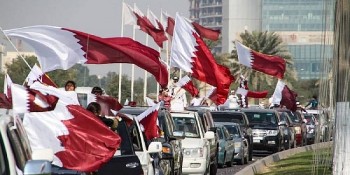 Qatar Calendar in 2025 - Full List of Public Holidays, Observances And Celebrations Qatar Calendar in 2025 - Full List of Public Holidays, Observances And Celebrations Are you prepared for a getaway? Note these public holidays and observances in Qatar, along with a few other significant dates for 2025. |
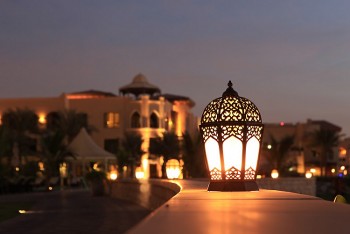 Saudi Arabia Calendar in 2025 - Full List of Public Holidays, Observances And Celebrations Saudi Arabia Calendar in 2025 - Full List of Public Holidays, Observances And Celebrations In 2025, Saudi Arabia will have a plethora of festivals and public holidays. The ideal trip, whether for business or pleasure, can be planned with ... |
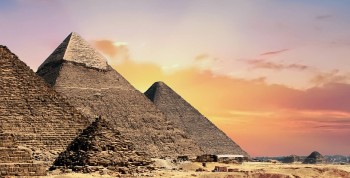 Egypt Calendar 2025 - Full List of Public Holidays, Observances And Celebrations Egypt Calendar 2025 - Full List of Public Holidays, Observances And Celebrations For a more accurate planning of your family vacation, business trips, and important events in 2025, check out the official Egyptian calendar. It includes all ... |
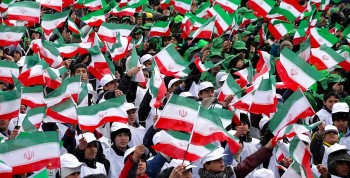 Iran Calendar 2025 - Full List of Public Holidays, Observances And Celebrations Iran Calendar 2025 - Full List of Public Holidays, Observances And Celebrations With 28 public holidays or national holidays, Iran is among the nations with the highest number of holidays in the world. The Islamic calendar determines ... |



